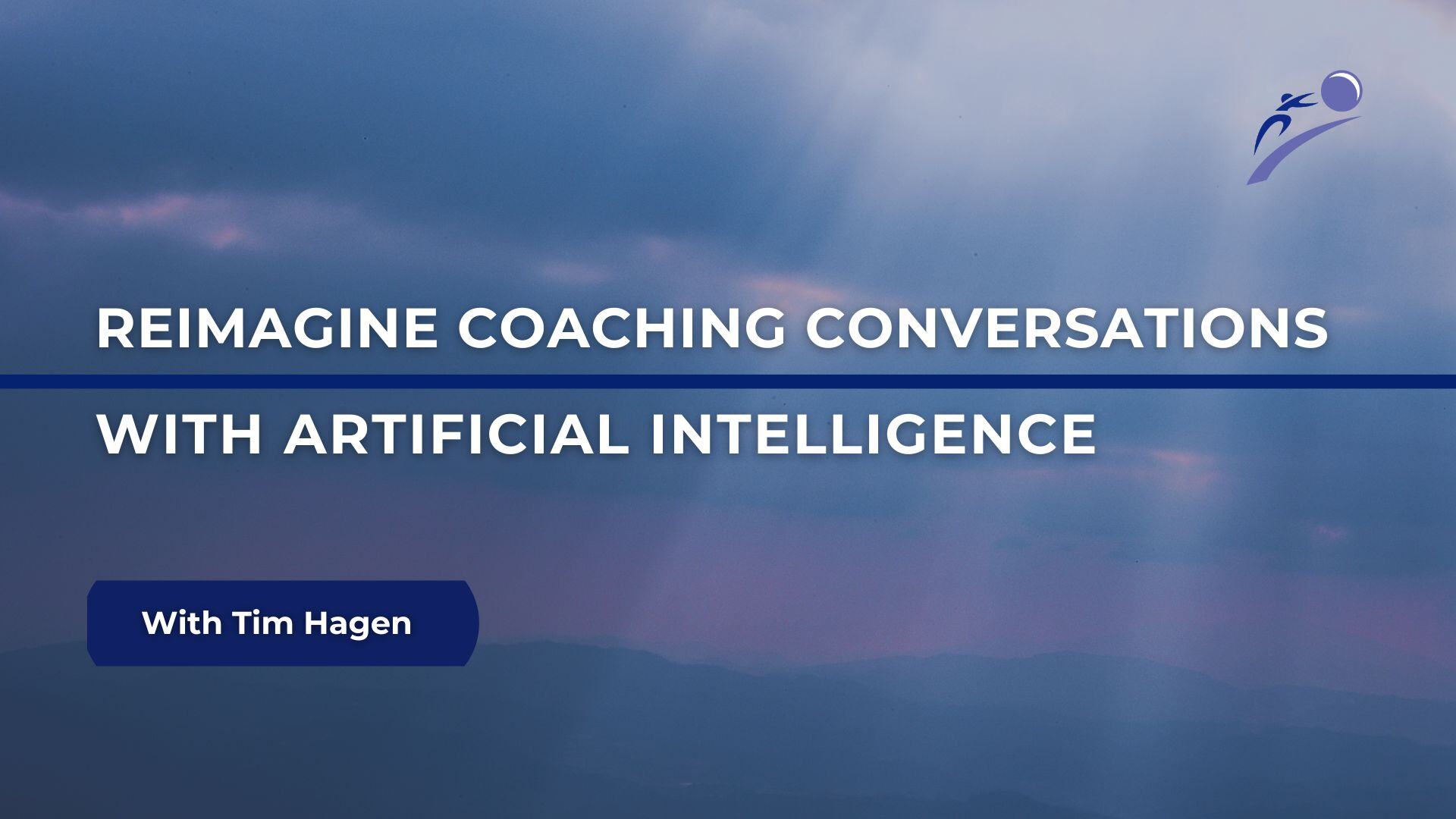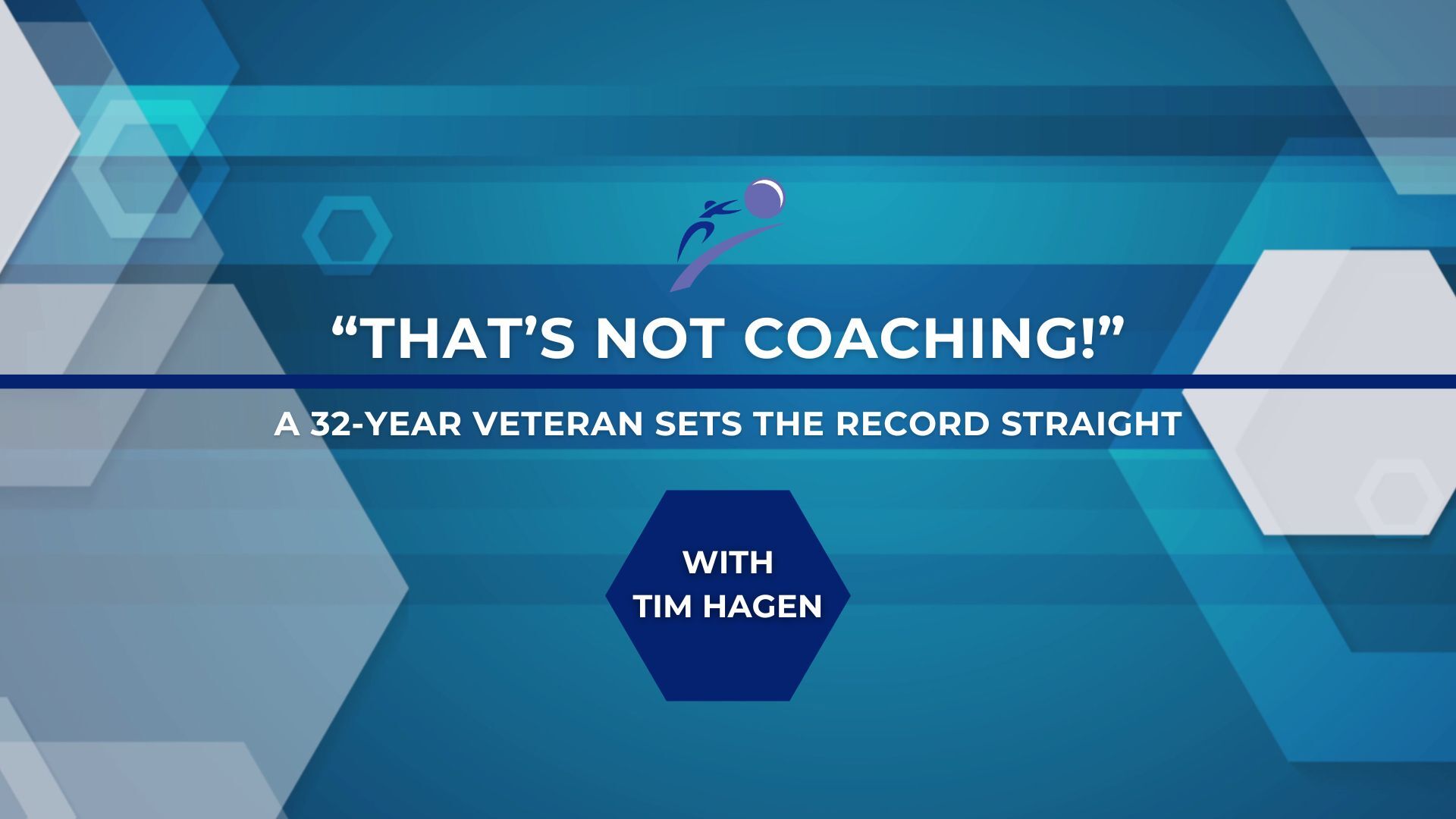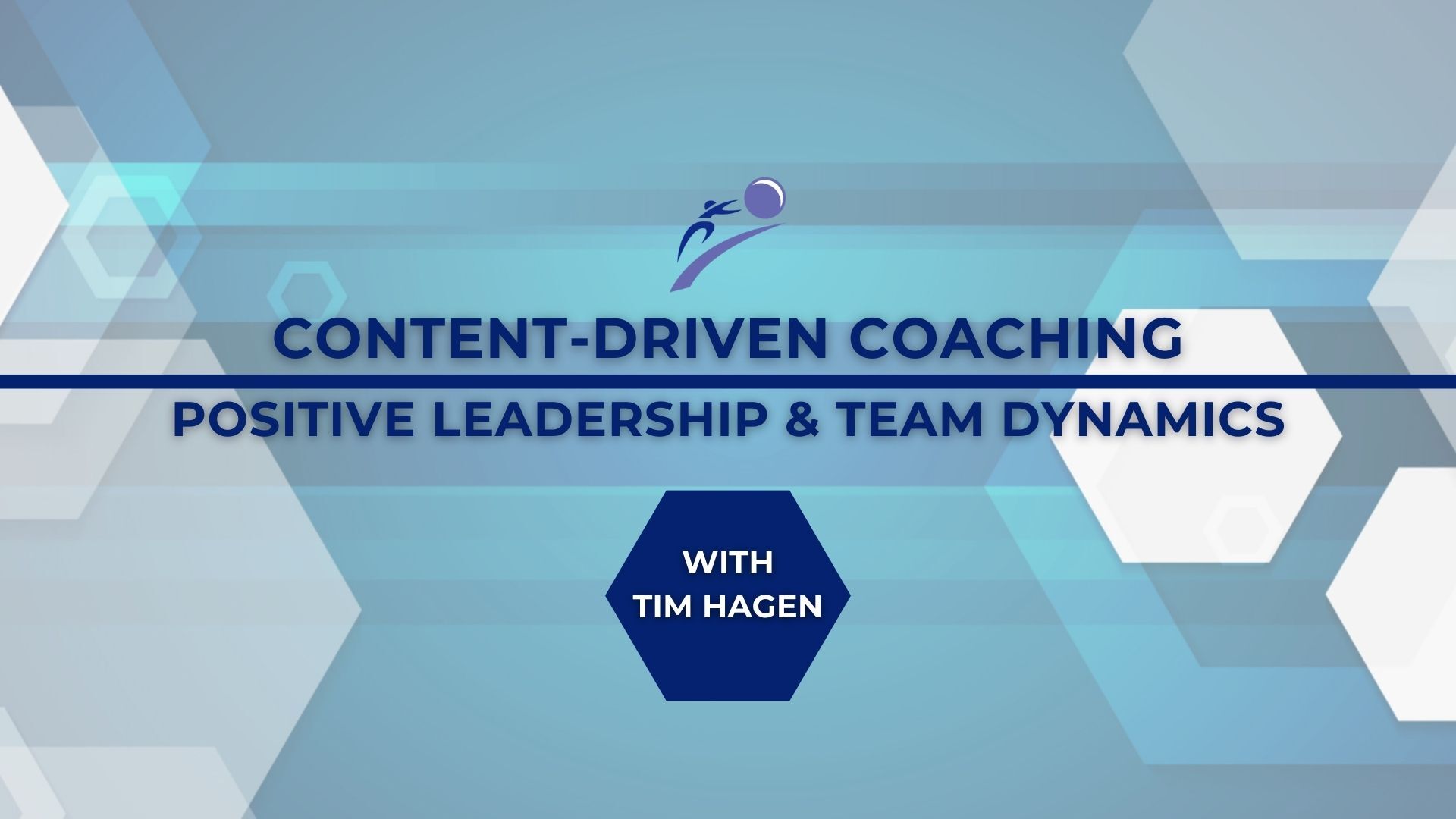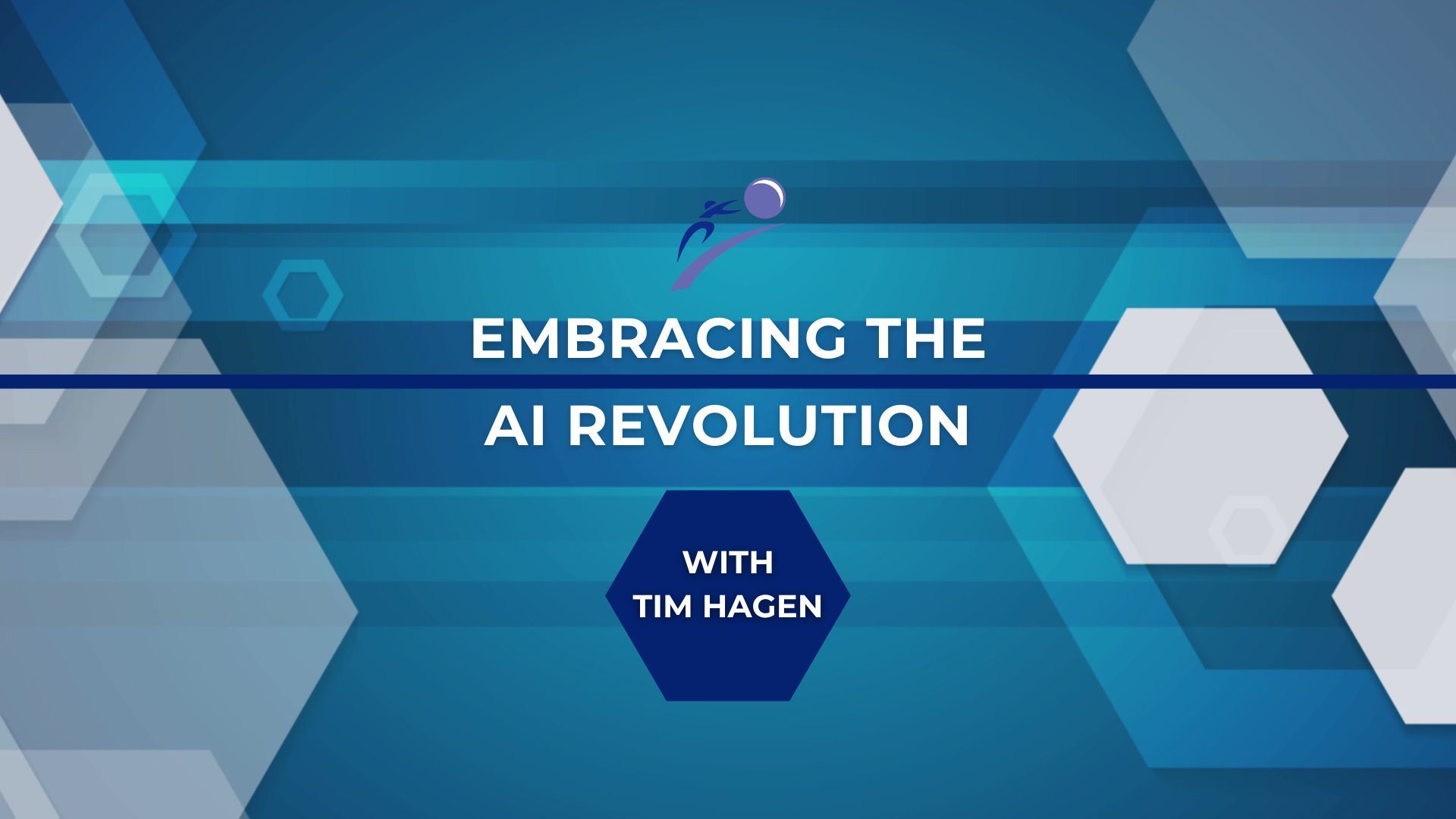Reimagine Coaching Conversations with AI
Recently, our company has embarked on a very cool endeavor, and that is our own custom tool using artificial intelligence to measure coaching conversation skills. With that said, I think it's a very interesting opportunity for us as a company. But people have asked me (including people inside my own company) why we are doing this.
The concept of AI coaching partners, which we're calling Coaching Pal, is the pal of leaders who really want to become great coaches. Whether it's a live conversation or a simulation or a role-play, we're actually going to measure people's responses and give them insight into where their current behaviors could be negatively impacting their relationships, such as the number of times they interrupt another person, phrases that reveal they lack trust, and other responses that impact the relationship they have with an employer or someone they're coaching.
I think AI is an incredible tool. Yet we tend to think of AI as a broad brushstroke, that includes manic descriptions of "it'll replace all the human interaction!" No, I actually have a different relationship with that. I think AI is going to help us with human relationships.
The other day, somebody asked me to come up with something and I'm like, oh, I don't have time to do this, you know I'll do it tonight. All of a sudden, I realized I could ask ChatGPT for some advice on something. I'm getting better at prompt engineering and asking the tool the right questions in the right ways. Prompt engineering was really the main key to helping the AI tool give me better results.
When you're telling ChatGPT to be an expert and come up with seven specific strategies and then you fill in the challenge, it does a great job. It frames it out for you. Does it really embody everything I wanted to say? No, and it's the same thing with coaching.
We've built our own AI tools. With the concerns people have about AI and the perception it's going to replace human-based coaching, I disagree. It can provides so many incredible benefits to coaches to give them insights on how to really help others. AI can partner and assist with better information, not replace us because there is no true replacement for genuine human insight. All that said, at the end of the day, we have to be very, very careful with how we use AI and how we implement it, and constantly course-adjust as needed.
I just had this with somebody about two weeks ago. Somebody said to me, "We're going through this huge change and transformation," and I nodded and replied their leaders are going to be asked a lot of questions. They agreed, acknowledging they were going to get hit with a lot of stuff.
As he started to talk about tactics, for example creating a repository of scripts to use, etc, I hesitated.
When somebody is talking about being replaced with technology, and using scripts and being scripted, what's your first impression?
I asked him that same question. He replied, "mechanical, insensitive, not empathetic."
I prepared him for the inevitable question all leaders were going to get: "Is my job being replaced by AI? Is my job or career in trouble?"
He shifted in his feet and got uncomfortable. "You're putting me on the spot here, Tim."
That was my point. Leaders are going to be put on the spot much faster than they realize.
Coaching conversation skills are vital, and we have to be really good at them. Let me give you another one with some insight. If you're interested, send me an email at Tim@progresscoachingleader.com and I'll send you the first glimpse of our scoring tool.
I was just in a meeting where two people were getting heated with each other and what was really interesting is the language they used really stoked the fire and tension between them. This person kept saying, "Yeah, but... Yeah, but..." and kept interrupting the other person. At the end of the conversation, I asked if I could share something with both of them.
When they said sure, I said, "What I hear you saying is you both agree that this problem exists. Would that be safe?" They both started talking and trying to prove their point. I stopped them and said it's just a close-ended question. They both said yes, they do.
"So, you both agree that the problem is there and that it needs to be solved. Right?" They nodded. "What I hear you both saying is you're actually in agreement, but you slightly disagree on how to solve it." They said, "Yeah, but..." I stopped them again and asked them one more question. "Would you agree there are multiple ways to solve that problem?" When they both said yes, I gave them an idea. "Try this option. Take two solutions from each person and test it. But test it in a way that doesn't intend to prove the other person was wrong and you were right. Instead, test it in a way to see what will really work, versus just trying to prove yourself right."
They both looked at me and said that was a great suggestion. The waters calmed.
Those situations don't always happen like that and I don't want to sit there and profess, "Look at how great a coach I am." That's not my objective of sharing that with you. Yet these two individuals were so emotional, they became so focused on being right, and the solution had to be their idea. They weren't even having a conversation anymore, they were just talking over each other. We all make that mistake.
Certain AI tools can help identify some of those habits and scenarios, and provide suggestions and even a roadmap to improving those conversations.
When you think about AI, it can actually help you become a great human-based coaching conversationalist.
Interested in seeing AI Coaching Partners for yourself? Watch the video below for more information and take this free assessment here: https://form.jotform.com/243373172581053




